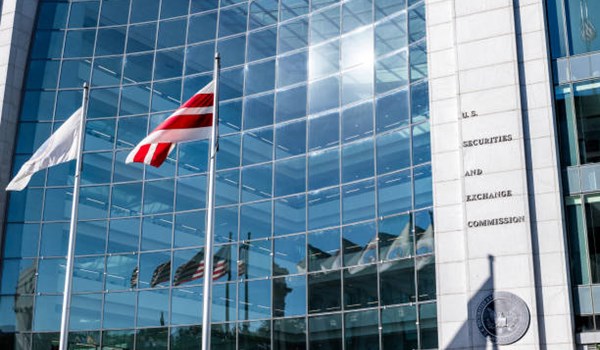HMRC has confirmed it uses artificial intelligence (AI) to monitor social media posts as part of criminal investigations into suspected tax cheats.
It said the tech would not replace “human decision-making” and was subject to legal oversight.
“Greater use of AI will enable our staff to spend less time on admin and more time helping taxpayers, as well as better target fraud and evasion to bring in more money for public services,” it said in a statement.
However, experts warn there are risks with using AI in this way.
“AI could help HMRC to streamline its processes and make it easier to compile all the available information about an individual,” accountancy firm RSM UK partner Chris Etherington told the BBC.
“There are of course risks with automating this and there could be cases of mistaken identity, particularly with fake or hacked social media accounts.
“There will clearly still need to be a human touch in the process to ensure appropriate decisions are made and all the relevant information is reviewed.”
The tax authority said it had used AI for several years to support its work, though it first emerged it was being used to monitor the social media accounts of suspected tax cheats when reported by the Daily Telegraph on Tuesday.
A spokesperson clarified AI was only used this way as part of criminal investigations – not on the everyday tax payer.
Government investigators have for years looked at the social media posts of people suspected of wrongdoing in relation to tax and benefits.
In one famous example, a woman who claimed benefits citing her ill health was exposed through her social media posts about long distance running.
It is now known that HMRC is now partially automating the process through the use of AI – with human oversight.
This does not appear to be coming at the cost of jobs, with the government announcing the tax authority will gain 5,500 compliance staff.
‘Make life easier’
Nonetheless the disclosure comes at an uncomfortable time for the government, which is currently facing allegations from insiders that its national institute for AI is at risk of collapse.
The technology secretary has threatened to withdraw its funding, and wants it to focus on defence research.
Meanwhile, HMRC has already announced several efforts using AI which could streamline its operations.
“It is not yet clear how far and fast HMRC has got with its AI developments, but it has already been successfully using software that compiles and analyses data for years,” Mr Etherington said.
“The primary focus at HMRC appears to be on using AI to make life easier for taxpayers.”
He said he expected the tax authority to look into developing tools which would help people get their tax returns right, as “a lot of tax revenues can be lost through errors and mistakes”.
“It has also been announced that HMRC will be using AI to help taxpayers access over 100,000 pages of guidance on its website,” he said.
“Anything that can help on that front is likely to be welcome news to taxpayers as HMRC’s current online guidance can be bewildering to many.”



